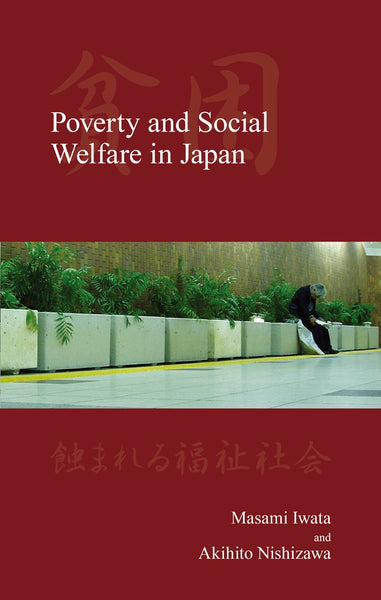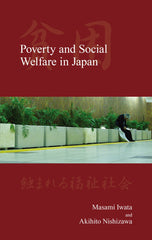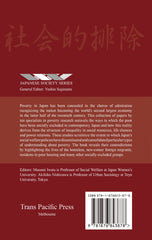Poverty and Social Welfare in Japan
Many In Stock
Due to the chorus of admiration that recognizes Japan having become the world's second largest economy in the latter half of the 20th century, the awareness of poverty in Japan has been concealed. This collection of papers by twelve specialists in poverty research unravels the ways in which the poor have been socially excluded in contemporary Japan. The book examines how this reality derives from the structure of inequality in social resources, life chances, and power relations. It scrutinizes the extent to which Japan's social welfare policies have disseminated and consolidated particular types of understanding about poverty. It reveals their contradictions by highlighting the lives of the homeless, new-comer foreign workers, residents in poor housing areas, and many other socially excluded groups.
About Editors and Authors
IWATA Masami
IWATA Masami is a Japanese sociologist and Professor Emeritus at Japan Women's University. Her research interests include social welfare policy, poverty and social exclusion theory. She graduated from the Department of Social Welfare, Japan Women's University, in 1969 and obtained a PhD in Social Welfare in 1994. She worked at Osaka City University before going on to become Assistant Professor at Tokyo Metropolitan University in 1986, and Professor in 1994. She became Professor in Faculty of Human Sociology, Japan Women's University, in 1998.
NISHIZAWA Akihiko
NISHIZAWA Akihiko is a Japanese sociologist and Professor in the Graduate School of Intercultural Studies at Kobe University. He specializes in urban sociology and theories of class and hierarchical structures. He was born in Kyoto Prefecture and began teaching as Associate Professor in the Faculty of Sociology, Toyo University, before taking up his current position in 2014.


